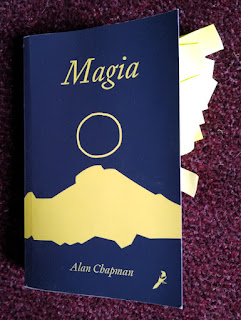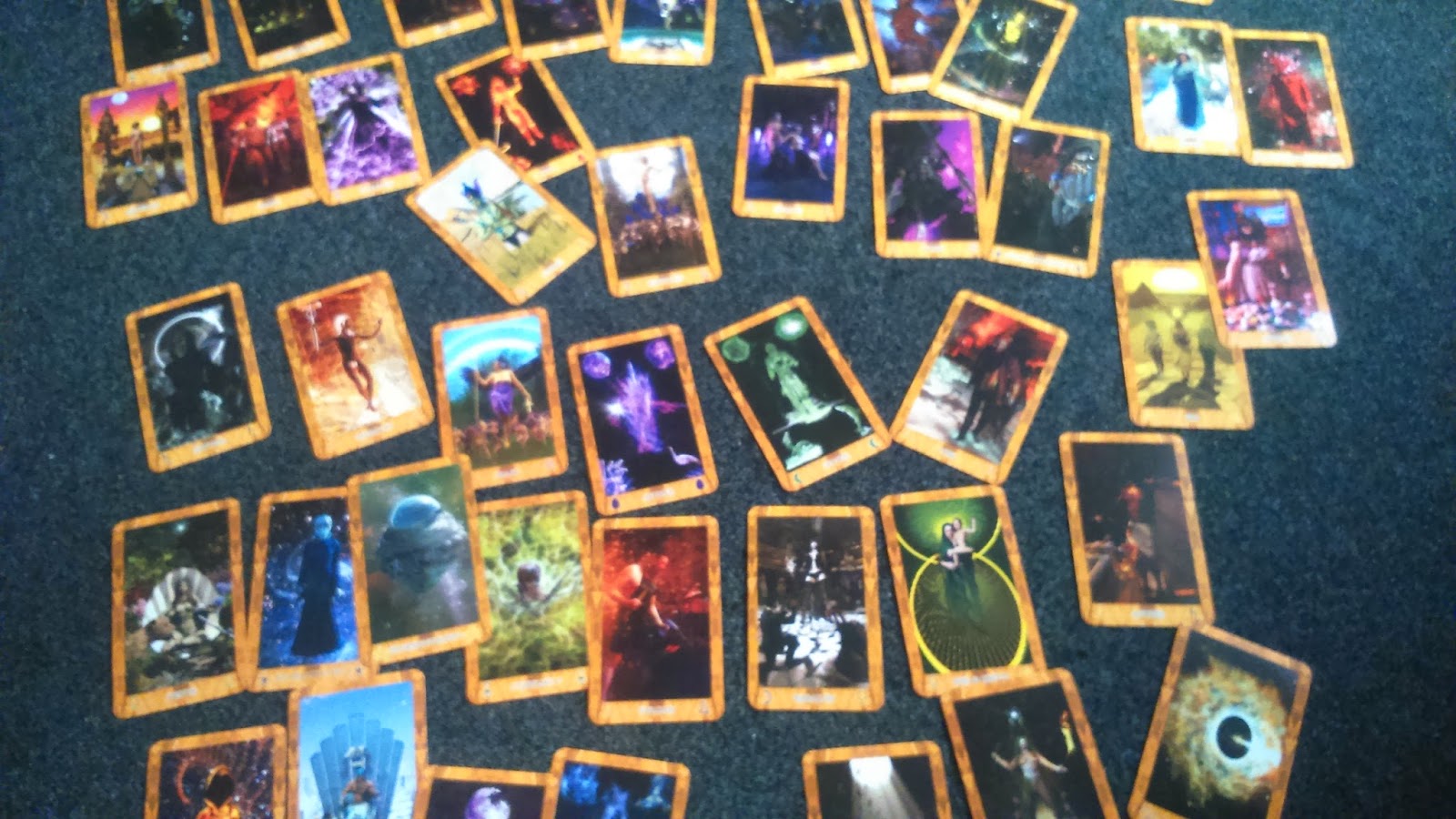In Search of Smiles, by Andy Roberts
Hardback ISBN: 9781916266773
Paperback ISBN: 9781916266780 *OUT 10.06.2023*
This is Andy Roberts’s fourth book of British psychedelic history and I think it’s his best. It’s a history of one Alston Hughes, more generally known as Smiles, the photogenic chap on the cover with his corvid friend. Smiles was a major distributor of the (excellent) LSD made by Richard Kemp and others of the ‘Microdot Gang’ who were busted in the 1977-8 police extravaganza known as Operation Julie.
The early chapters outline Smiles’s early life, giving a biography that adds depth to the stories we read of his later exploits. However, the book is carefully framed as an important bit of British psychedelic history, an area in which ‘Establishment’ narratives have dominated the discourse for too long. Andy writes about the directions his research for his earlier books on psychedelic history took him:
‘… one event repeatedly drew my attention: Operation Julie. This was the British government’s police-led initiative dedicated to detecting and dismantling the world’s then largest LSD manufacturing and distribution conspiracy. … Operation Julie was much more than a major police investigation of a drug manufacturing distribution ring; it represented a defining moment in the culture clash between the British Establishment and the hippie LSD counterculture.’
Many of the people involved in this history are still alive, but getting on in years. This is a vital bit of history, and Andy has done a fine job of putting it all together. Smiles’s willingness to speak candidly to journalists about his past ‘have ensured the history of the Microdot Gang, and the LSD they produced and distributed, has not faded into obscurity, providing a much needed balance to Establishment and media negativity.’
Andy has interviewed just about everyone who is still alive about those years, including the undercover cop who befriended Smiles and then betrayed him, suffering terrible pangs of conscience in the aftermath of the busts. (Some of the cops involved are still trotting out self-justifying nonsense about the OJ busts.) In these interviews, Smiles comes across as a very nice chap, someone who doesn’t get a bad word from anyone.
He certainly won most of the hearts of the mid-Wales village Llanddewi Brefi where he lived, dealt hash and acid and helped many a neighbour when they were hard up. One delightful tale in the final chapter is of Dafydd Davies, who was a teenager when Smiles lived in Llanddewi Brefi, and who recently took some school pupils on a guided tour of the village to teach them about an important historical event. As Andy comments, ‘This is almost certainly the first time LSD culture’s effects on a rural community has been part of the school curriculum.’
Then there’s the musical. I really hope they re-run Operation Julie: A Rock Musical in England, because it sounds brilliant.
We arrived only a few minutes late for the start of Andy’s launch of the book at the massive psychedelics conference Breaking Convention, and had the pleasure of meeting Smiles via Zoom at the end of that launch. One thing that sticks in my mind was in response to an audience request for advice to new trippers. Smiles unhesitatingly replied: ‘Don’t microdose!’ Not everyone is as unshakeably mentally stable as Smiles seems to be, so that advice might not be ideal for all, but that quote pinpoints not only his astonishingly hardcore approach to acid, but also to his belief that only large doses (a minimum of 250 micrograms, about 2-3 times the typical modern blotter hit) can dissolve the sense of self sufficiently to trigger transformation, to give us a radically new view of our relationship to nature, the world and other people. This is in stark contrast to the cautious medical approach or the work-harder approach of some microdosing advice. This advice is also consistent with Smiles’s insistence that his motivation for distributing acid was to blow minds, not make money. The latter was a side-effect of his dealing LSD, and his earnings were spent freely in his community.
The book is currently out in hardback, with a paperback expected soon. The hardback is a nicely made volume, with only one thing letting it down - the thumbnail photos, so little detail visible that the faces in them could be anyone’s. Apparently this issue will be fixed for the paperback edition.
If you have any interest in LSD or British countercultural history, buy this book!




Comments
Post a Comment